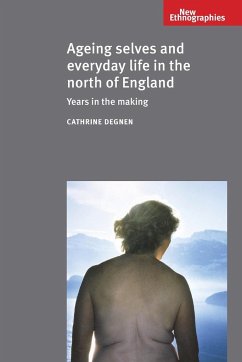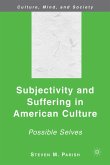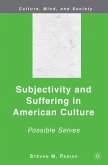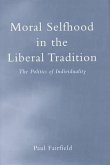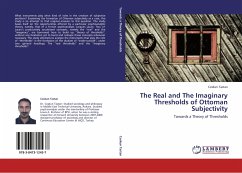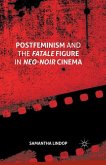Seeking to better understand what it means to grow older in contemporary Britain from the perspective of older people themselves, this richly detailed ethnographic study engages in debates over selfhood and people's relationships with time. Based on research conducted in an English former coal mining village, Cathrine Degnen focuses on the everyday experiences of older people living there. She explores how the category of old age comes to be assigned and experienced in daily life through multiple registers of interaction. These include 'memory work' about people, places and webs of relations in a postindustrial setting that has undergone profound social transformation. Challenging both the notion of a homogenous relationship with time across generations and the idea of a universalised middle-aged self, Degnen argues that the complex interplay of social, cultural and physical attributes of ageing means that older people can come to occupy a different position in relation to time and to the self than younger people. Degnen's account provides fascinating insight into what is at stake for the ageing self in regards to how people come to know, experience and dwell in the world. She describes the ways in which these distinctive forms of temporality and narrativity also come to be used against older people, denigrated socially in some contexts as 'less-than-fully adult'. This text will be of great interest to researchers and students in anthropology, sociology, human geography and social gerontology interested in selfhood, time, memory, the anthropology of Britain and the lived experience of social change.
Hinweis: Dieser Artikel kann nur an eine deutsche Lieferadresse ausgeliefert werden.
Hinweis: Dieser Artikel kann nur an eine deutsche Lieferadresse ausgeliefert werden.

